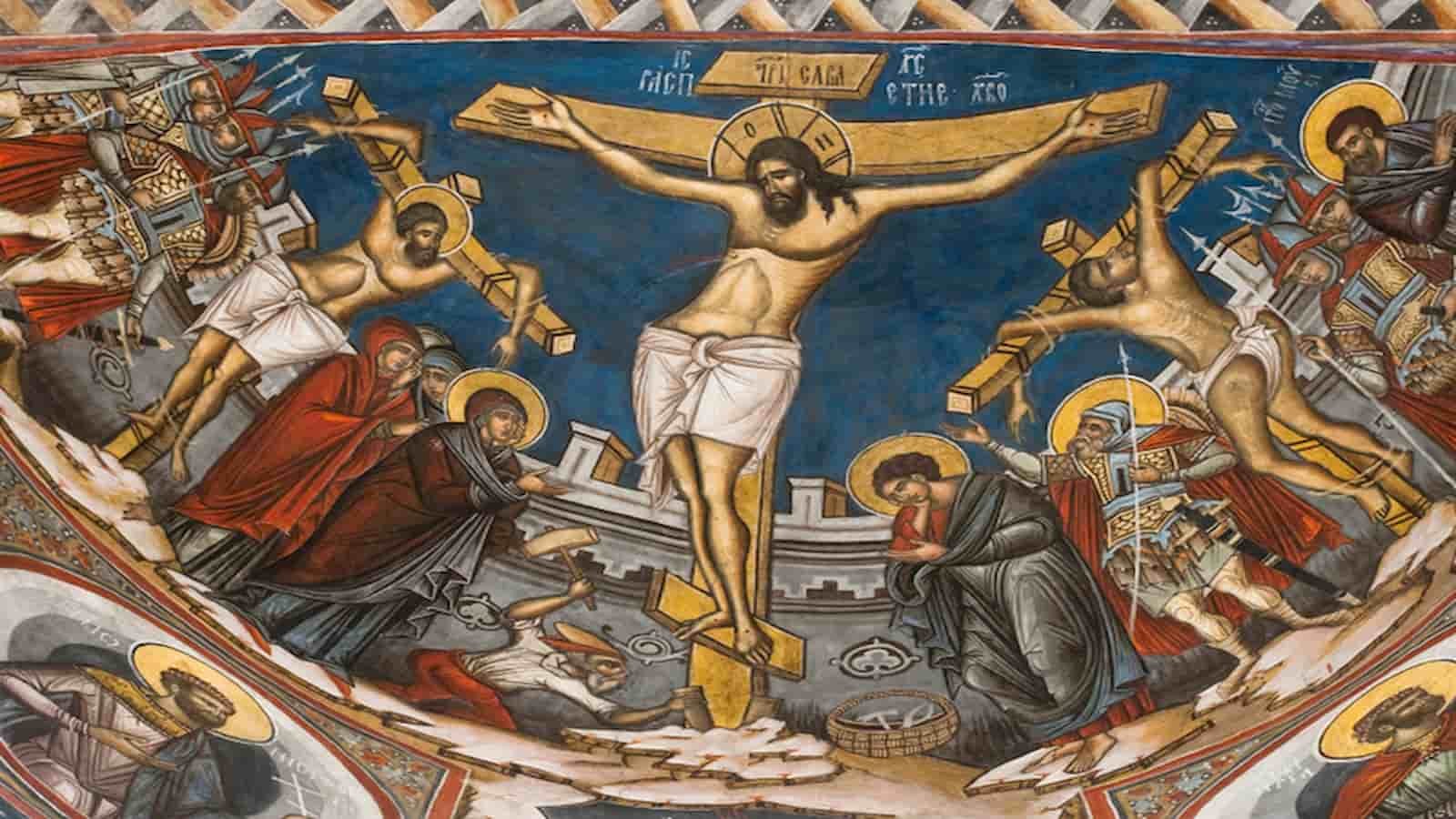Orthodox Good Friday 2024: The Orthodox Church observes Orthodox Good Friday on May 3 this year, which falls on the Friday before Easter according to the Julian calendar. Orthodox churches continue to observe events according to the Julian calendar, whereas numerous Western churches adhere to the Gregorian calendar.
As a result, people observe Good Friday and celebrate Easter considerably later than in Western denominations. Additionally, people refer to this day as Holy Friday, Great Friday, and Holy and Great Friday.
History of Orthodox Good Friday
Although Orthodox Good Friday is not a recognized public holiday, the Orthodox Christian Church has observed it for some time. Early Christians referred to Good Friday as “Pascha of the Cross” because it marked the start of Passover. Good Friday was initially observed on Friday, April 3, 33 A.D.
Although Russia is home to the majority of the Orthodox community, the observance of Orthodox Good Friday extends throughout the world. During Holy Week, certain Orthodox Churches in the United States celebrate with evening liturgies, in addition to observing special afternoon liturgies for minors on Good Friday.
Greek Orthodox Christians in the US fast on Good Friday. Known by several other names. On Good Friday, the Greek Orthodox Archdiocese of America celebrates Christ’s Passion, which the New Testament calls his final moments. Some Orthodox churches begin their commemoration on Thursday night by reading the 12 Gospels. Some churches do an evening Good Friday liturgy. The assigned readings usually cover Jesus’ crucifixion. In reenacting burials, many clergymen remove Jesus Christ figures from crosses and wrap them in linen. A candle can also be lit under a table in the center of some Bulgarian churches when the bell sounds. People think this removes transgressions.
In God We Trust Day 2024 (U.S.): History and Interesting Facts
FAQs for Orthodox Good Friday
What distinguishes Easter from the Orthodox Easter holiday?
Although both observe the same historical event, they do so on distinct days because Orthodox churches adhere to the Julian calendar rather than the Gregorian one.
What gives the day its name, Good Friday?
“Good Friday” originates from the obsolete meaning of the word “good,” which was “pious” or “holy.” Conversely rare instances of expressions derived from this antiquated definition of ‘good’ comprise “the good book” denoting the Bible, “good tide” signifying ‘Christmas’ or ‘Shrovetide’, and “Good Wednesday” signifying the corresponding Wednesday of Holy Week.
On Good Friday, what do Greek Orthodox citizens do?
Constraints include family attendance at church services, congregational hymn singing and gospel reading, observance of a strict fast, and time for introspection and reflection.
Five Fascinating Facts about Good Friday Customs
- On Good Friday, television, performances, theatrical productions, and public gatherings are all prohibited in Germany.
- Although numerous nations observe distinct customs, on Good Friday, the inhabitants of Bermuda raise kites in remembrance of the resurrection.
- Good Friday is a prohibited day for the sale of all types of alcoholic beverages in Ireland, a significant Catholic nation.
- Men known as ‘cucuruchos,’ who adorn themselves with pointed hoods and purple gowns, march through the streets of Quito, Ecuador, accompanied by enactments of Jesus Christ atop enormous wooden crosses. The Procession of the Penitents attracts more than 250,000 spectators.
- To enact the crucifixion of Jesus, volunteers in the Philippines are nailed to the cross and remain there until they come to believe that their crimes have been expiated.
Dates for Orthodox Good Friday
| Year | Date | Day |
|---|---|---|
| 2024 | May 3 | Friday |
| 2025 | April 18 | Friday |
| 2026 | April 10 | Friday |
| 2027 | April 30 | Friday |












